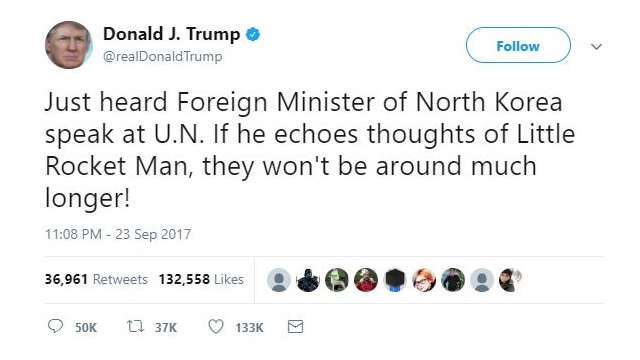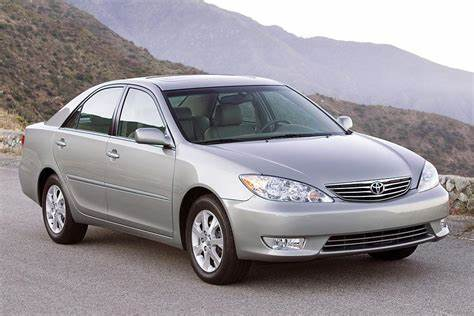Trade Wars
On Thursday, March 1, 2018, Trump announced the tariffs he wishes to be placed on US steel (25%) and aluminum (10%) imports. This frightened many Americans who are currently invested in the stock market and other businesses, because, hypothetically, China could retaliate in several different ways. Economic analysts are worried that China will put their own tax on important US exports including soybean, machinery, or vehicles. Not only did this trouble many Americans, but Trump’s own political party is divided as well. Writers working for Thegaurdian.com agree that “Trump’s announcement triggered deep divisions in his own economic team.”
China does not want to engage in a trade war, but if necessary will not choose the US’s economic stability over their own. Forcing China to choose between the economies of the two countries will not end well for the US. Zhang Yesui, China’s National Congress spokesperson, and former vice-foreign minister says, “China does not want a trade war with the United States, but we will absolutely not sit idly by and watch as China’s interests are damaged. If policies are made on the basis of mistaken judgments or assumptions, it will damage bilateral relations and bring about consequences that neither country wants to see,” according to journalist Rob Price.
Trump’s announcement on Thursday has already had negative effects on the stock market, which plunged shortly after Trump tweeted, “…trade wars are good, and easy to win.”
 David Cohen
David Cohen
Many experts are skeptical and apprehensive about what this means for our economy. Numerous economists agree that this trade war would destroy more jobs than it would create.
At this time, the wisest thing our nation could do is avoid a trade war with China, at all cost. There are no benefits, yet many different complications that could hurt the US economy greatly.





















